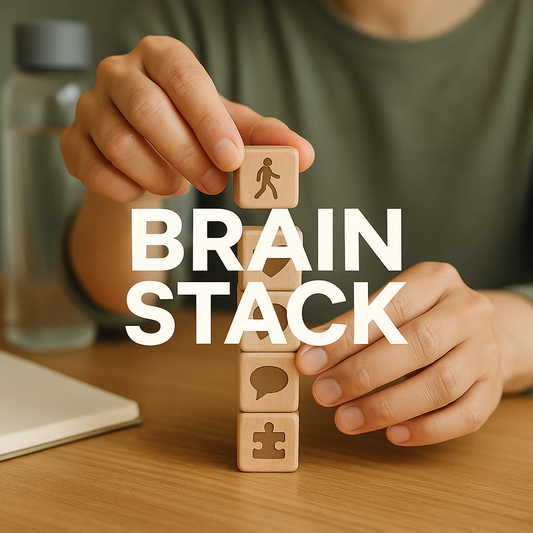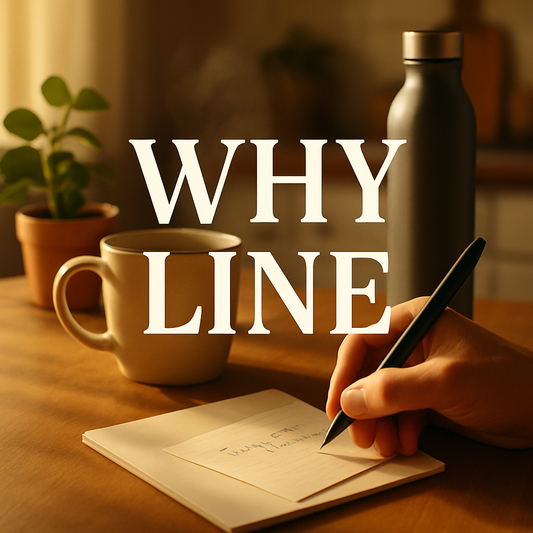
HIIT Your Brain: The 20-Minute Routine That Spikes BDNF 🧠⚡
Share ❤️
Short on time, long on brain gains? Choose the workout that feeds your neurons. High-Intensity Interval Training (HIIT) reliably boosts brain-derived neurotrophic factor (BDNF) — the protein that fertilizes learning, memory, and mood — more than a hard, steady grind. 🧠✨
HIIT vs. Hard Steady Cardio — Head-to-Head
Healthy adults completed two cycling sessions on different days (random order):
- HIIT: 30-second all-out sprints + 4-minute easy pedaling, repeated over ~20 minutes.
- Intense Continuous Exercise (ICE): 20 minutes at ~75% of max effort, no breaks.
Blood was drawn before and immediately after each session to measure serum BDNF (via ELISA). Both workouts raised BDNF — but the jump was larger after HIIT. Heart rate, VO₂, and exertion confirmed the intensity. 🚴♀️📈
Why Intervals Spike BDNF
That push-recover rhythm likely amplifies metabolic stress (think lactate and catecholamines) followed by quick resets — a signal your brain loves. Result: more BDNF released, more plasticity potential. Pattern matters, not just intensity. 🔁⚡
Dr. Oliver’s 20-Minute “Brain Sprint” (Bike, Rower, or Hill)
- Warm-up 4 min easy pace, gradually building.
- 4–5 rounds: 30 s max effort (RPE 9–10) + 4 min very easy (RPE 2–3).
- Cool-down 2–3 min easy spin + deep nasal breathing.
Beginner? Start with 3 rounds. Advanced? Add a 5th sprint or extend the recovery to stay crisp. Quality over collapse. 💨
Smart Safeguards & Brain-Boosting Stack
- If you have cardiovascular/orthopedic concerns, get medical clearance first.
- Keep recovery truly easy — HIIT works because the sprints are sharp.
- Stack the wins: 7–8 h sleep 😴, omega-3-rich meals 🐟, sunlight in the morning ☀️, and learn something new after training (ride the BDNF wave!).
Takeaway: For a bigger BDNF bump in less time, choose intervals. Two to three HIIT sessions per week can turn your cardio into cognitive training. Your future brain says thanks. 🙌
Source: https://pubmed.ncbi.nlm.nih.gov/26472862/
“Your body never lies.” — Dr. Oliver









